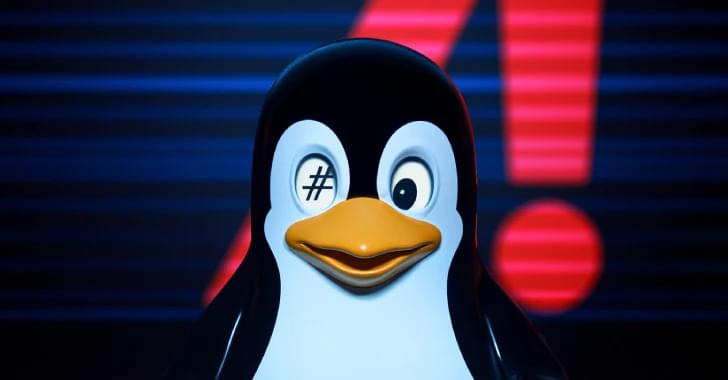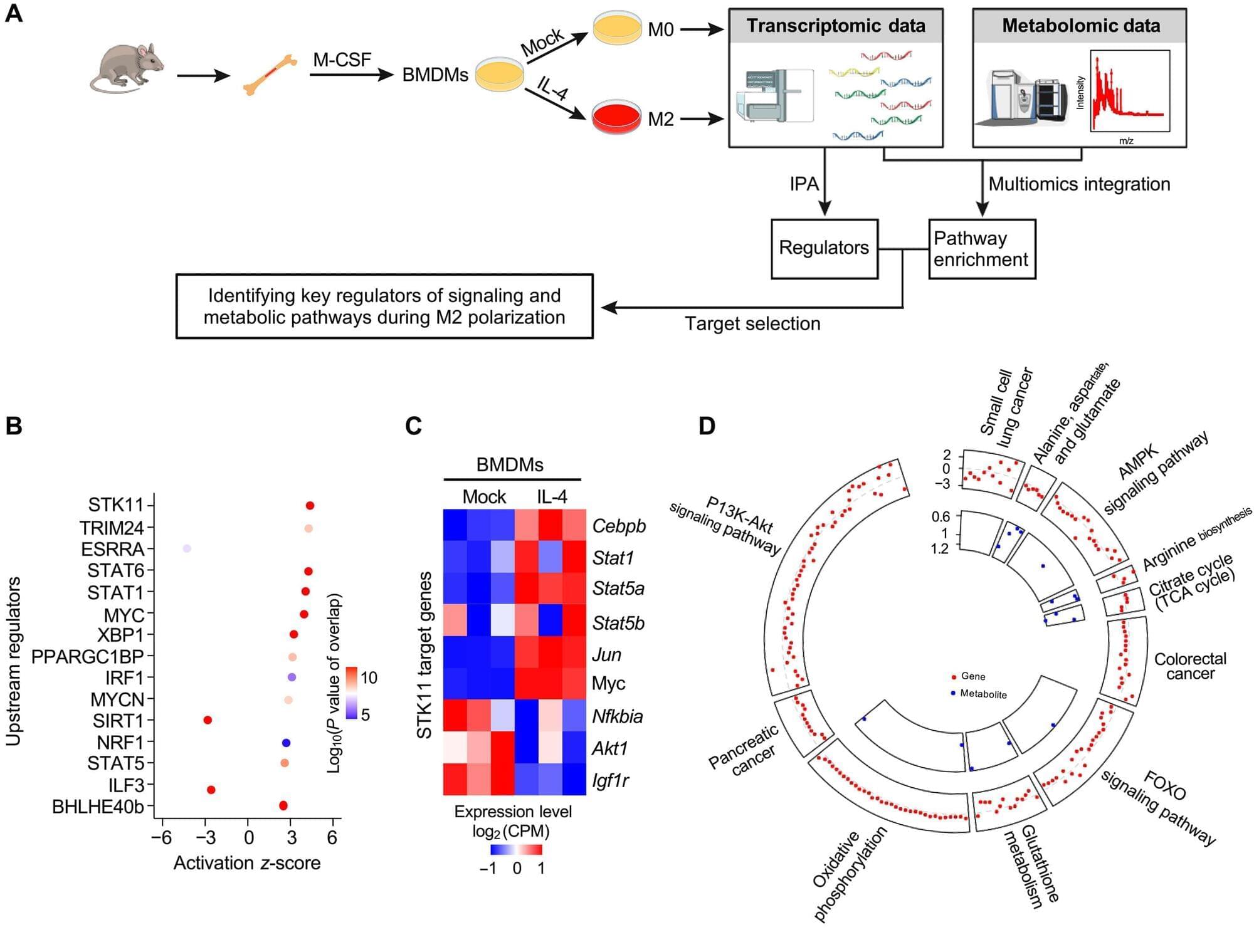PlugX and Bookworm campaigns strike Asian telecom and ASEAN targets using DLL side-loading and modular RATs.



The U.S. Cybersecurity and Infrastructure Security Agency (CISA) on Monday added a critical security flaw impacting the Sudo command-line utility for Linux and Unix-like operating systems to its Known Exploited Vulnerabilities (KEV) catalog, citing evidence of active exploitation in the wild.
The vulnerability in question is CVE-2025–32463 (CVSS score: 9.3), which affects Sudo versions prior to 1.9.17p1. It was disclosed by Stratascale researcher Rich Mirch back in July 2025.
“Sudo contains an inclusion of functionality from an untrusted control sphere vulnerability,” CISA said. “This vulnerability could allow a local attacker to leverage sudo’s-R (—chroot) option to run arbitrary commands as root, even if they are not listed in the sudoers file.”



A new method and proof-of-concept tool called EDR-Freeze demonstrates that evading security solutions is possible from user mode with Microsoft’s Windows Error Reporting (WER) system.
The technique eliminates the need of a vulnerable driver and puts security agents like endpoint detection and response (EDR) tools into a state of hibernation.
By using the WER framework together with the MiniDumpWriteDump API, security researcher TwoSevenOneThree (Zero Salarium) found a way to suspend indefinitely the activity of EDR and antivirus processes indefinitely.

A massive phishing campaign targeted GitHub users with cryptocurrency drainers, delivered via fake invitations to the Y Combinator (YC) W2026 program.
Y Combinator is a startup accelerator that funds and mentors projects in their early stages, and connects founders with a network of alumni and venture capital firms.
The attacker abused GitHub’s notification system to deliver the fraudulent messages, by creating issues across multiple repositories and tagging targeted users.

Recognizing that space is now an integral component of present-day society, the Royal Society (the U.K. academy of sciences) has recently completed a report that explores the potential implications of space activities by 2075, aiming to stimulate discussion without predicting specific outcomes. It highlights the transformative impact of space exploration on industry, society and culture, comparable to the Industrial and Digital Revolutions. The goal is to prepare governments, regulators and society in general for the opportunities and risks space presents — it does not attempt to predict the future (that would indeed be unwise!) or to recommend a particular course of action, but rather to present the direction of travel and where that might lead.
Historically, humanity has progressively expanded from land to sea, air and now into outer space.

Claude Sonnet 4.5 is the best coding model in the world, strongest model for building complex agents, and best model at using computers.

New research from Indiana University School of Medicine scientists has revealed that a well-known cancer-fighting gene also plays an unexpected role in regulating how certain immune cells can support tumor growth. This insight into pancreatic cancer progression could lead to more effective treatments against one of the deadliest forms of cancer.
The study, recently published in Science Advances, focused on M2-like macrophages, a subtype of immune cells found in the tumor environment that are known to weaken the body’s ability to fight cancer. The researchers examined how a gene called serine/threonine kinase 11 (STK11) influences these cells. They found that when STK11 is missing in macrophages, those cells switch into a tumor-supporting state.
“STK11 was originally identified as a tumor suppressor and extensive studies have examined the gene’s functions and mechanisms in regulating cancer cell growth,” said Kai Yang, PhD, corresponding author of the study, an associate professor of pediatrics and microbiology and immunology at the IU School of Medicine and a researcher with the Indiana University Melvin and Bren Simon Comprehensive Cancer Center.